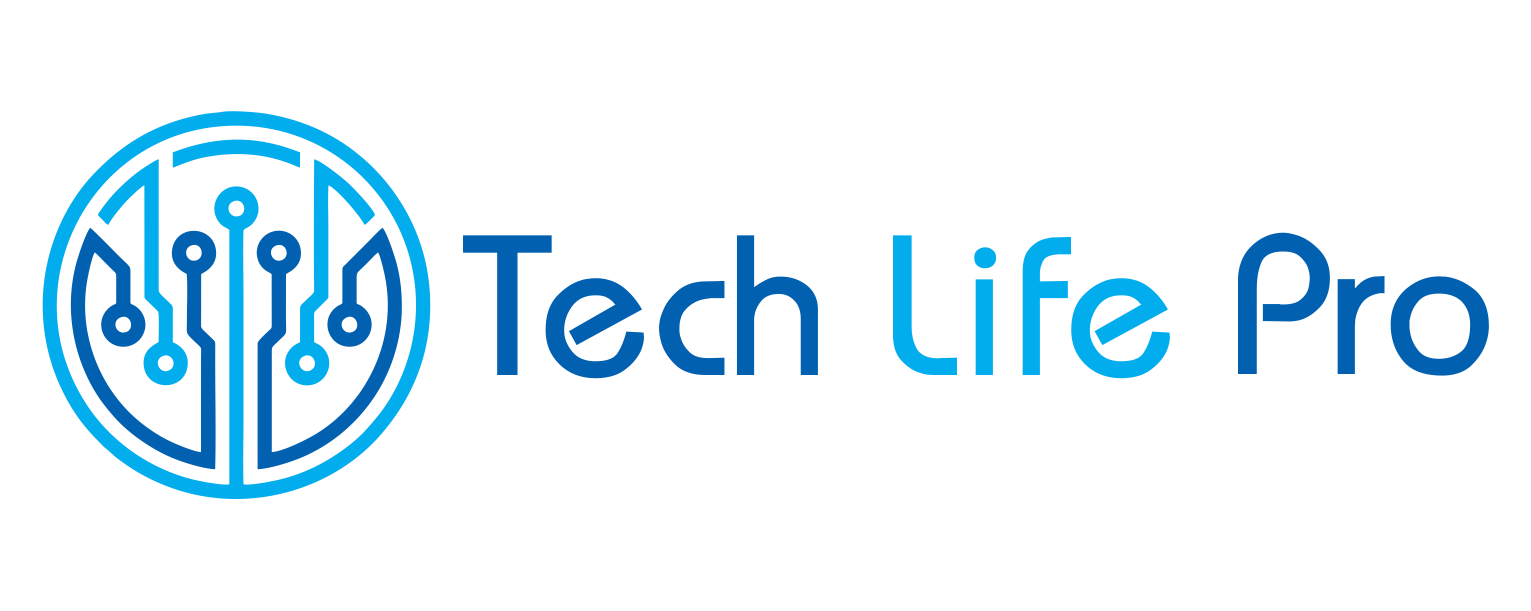Google algorithms
Today on the web there is too much information available, it would be practically impossible to find specifically what we are looking for without the help of a tool. That is why The Google Algorithms appeared, whose purpose is to help us search among millions of pages for the ones that best fit our search. In this way we will obtain more precise and relevant results.
What are Google algorithms?
It is a set of mathematical formulas, which are responsible for defining the relevance of a website in a particular search. They help Google position websites in its list of results by entering certain keywords, better known as keywords. These also serve as mechanisms in constant evolution to define the positioning strategies that websites should implement.
Google algorithms assign each web page a number or rating according to various factors. For example, your links on other pages, the quality of your information and the search criteria that each user enters in particular. The more a website conforms to your requirements, the more likely it is to appear among the first results of a search. Which means more visibility among users? An SEO strategy must take into google account all the algorithms of Google, and the rest of search engines, to achieve success.
What are Google algorithms for?
The main objective of Google’s algorithms is to guarantee access to relevant and quality information. That is, to help users to obtain more suitable search results and in the simplest possible way. There are millions of web pages that are in constant competition for more visits and potential customers. Therefore, it is necessary to locate them by categories according to their ability to solve the user’s needs.
The parameters that determine the relevance of a website have been evolving. They have gone from being very simple to being so sophisticated that today they can be considered one of the most advanced artificial intelligences. Google algorithms change more than 100 times a year, to keep up with them it is advisable to know as best as possible how each one works.
How do Google algorithms work?
The operation of Google algorithms is made up of several individual processes. These range from when the user enters the keyword in the search bar until the search results appear displayed. It is about understanding exactly what we mean and what we are looking for in order to show us the results that best suit us.
Several stages in the operation of the algorithm can be identified, these are:
First stage
It is also called “Crawling”, it consists of crawling in fractions of a second among more than 30 billion existing websites. After crawling through the web pages that allow it, Google places them according to their content and other characteristics. The search is not only done on websites, it is also done on portals with real content such as text from books and geographical locations.
Second stage
It is known as “Search algorithms”. In this stage, several formulas are implemented to show the most appropriate results to the user, according to the words entered to perform the search. Google tries to decipher what the user is looking for and autocomplete the word or phrase, looking for related information.
This information serves as a guide for the search engine to obtain Images, documents, videos, and everything that it considers relevant among the results obtained.
Third stage
This stage is called “Useful Responses”, finally the algorithm begins to discard the content that it considers of little value and to eliminate the Spam automatically. This also allows the search engine to identify and debug fraudulent web pages.
What are the Google algorithms?
As we mentioned before, to keep up with the changes in the algorithm we must know very well how each one works. To know when changes are made to Google’s algorithms, we can constantly check the “SEMrush Sensor”. This tool shows when Google is most upset by modifications in the algorithm.
Here we explain the most important Google algorithms.
Panda algorithm
This algorithm specializes in filtering the quality content available on the internet. Therefore, it is responsible for “rewarding” all websites that have useful and quality content for users. It first appeared in 2011, “punishing” all websites with content deemed to be of low quality.
In other words, Google Panda is in charge of penalizing web pages with poor content. This means that it is too short, plagiarized from other web pages or that it does not add value in the user’s search.
Penguin algorithm
This algorithm appeared for the first time in 2012, in charge of penalizing all web pages that had poor quality links. When the internet began to be used, managing a web page was much easier. Only the page was created and thousands of links were included in directories and this made us manage to position it.
Since Google Penguin appeared, the change was radical. Since then, Google services has rewarded websites that get links in an organic or natural way. In other words, the quality is now more important than the quantity of links. Although you can try to evade this algorithm by buying links, if we do not want to risk receiving a penalty it is better not to do so.
Hummingbird algorithm
It is an algorithm that appeared in 2013 in order to analyze the semantic search and the Knowledge Graph of websites. This algorithm was based on parts of previous algorithms to achieve a greater naturalness in the content. This meant a very drastic change in its beginnings as it affected approximately 90% of searches.
It is one of the Google algorithms that most modified search results. Thanks to the arrival of Hummingbird, conversational searches were optimized so that the results were more natural and user-friendly. In conclusion, this algorithm was created in order to improve the response to the user’s search criteria.
Pigeon algorithm
Its appearance was in 2014, however to this day not many people know about this algorithm. Its purpose is to filter local searches, with its Google created a formula that prioritizes local content and backlinks (links) before global ones. Therefore, Pigeon is key for a local web page to be located in the first positions in the search results, it is definitely one of the Google algorithms that forces us to work on Local SEO.
Algorithm Fred
This is one of the most recent algorithms, it was launched in 2017 to organize the growing advertising market on the web. The biggest impact of this algorithm was on websites whose goal was to make money through advertising. Fred penalizes the pages for which the economic benefit is more important than offering the user a pleasant experience and quality content.
Its only exception is with the Google AdSense program, so far, the pages with this service have been less affected. However, if our page is quality and customer-focused, even if we include advertising, we shouldn’t have any problem with Google Fred.
Medic algorithm
Its launch was in 2018, it is focused on health-related websites, penalizing those that do not offer a good user experience. Medic uses the concept “Your Money or Your Life”, as Google believes that misinformation can affect users emotionally and physically.
From Digitalvar trust us that this article on Google algorithms will help you to understand a little better the whole network of the great internet search engine. It should be noted that practically every day we can find variations or modifications in some of these algorithms, but that only the largest are announced.
